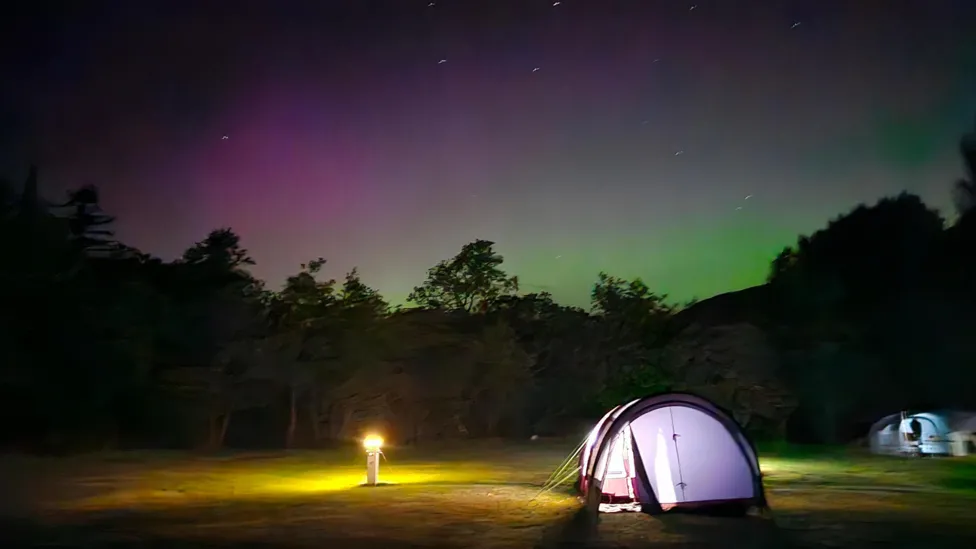TBT Newsroom • 01st March 2023
Are you tired of being left behind in the technological world? Well, fear not! WiFi 6 is here to save the day and bring your business into the future. With unprecedented speeds and a host of new capabilities, WiFi 6 is the must-have technology for any business looking to stay ahead of the curve.

